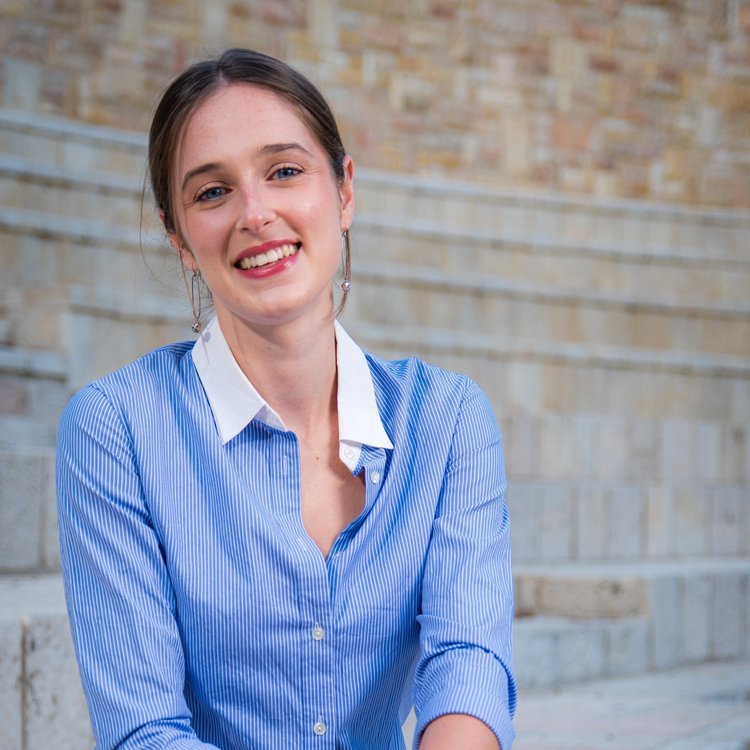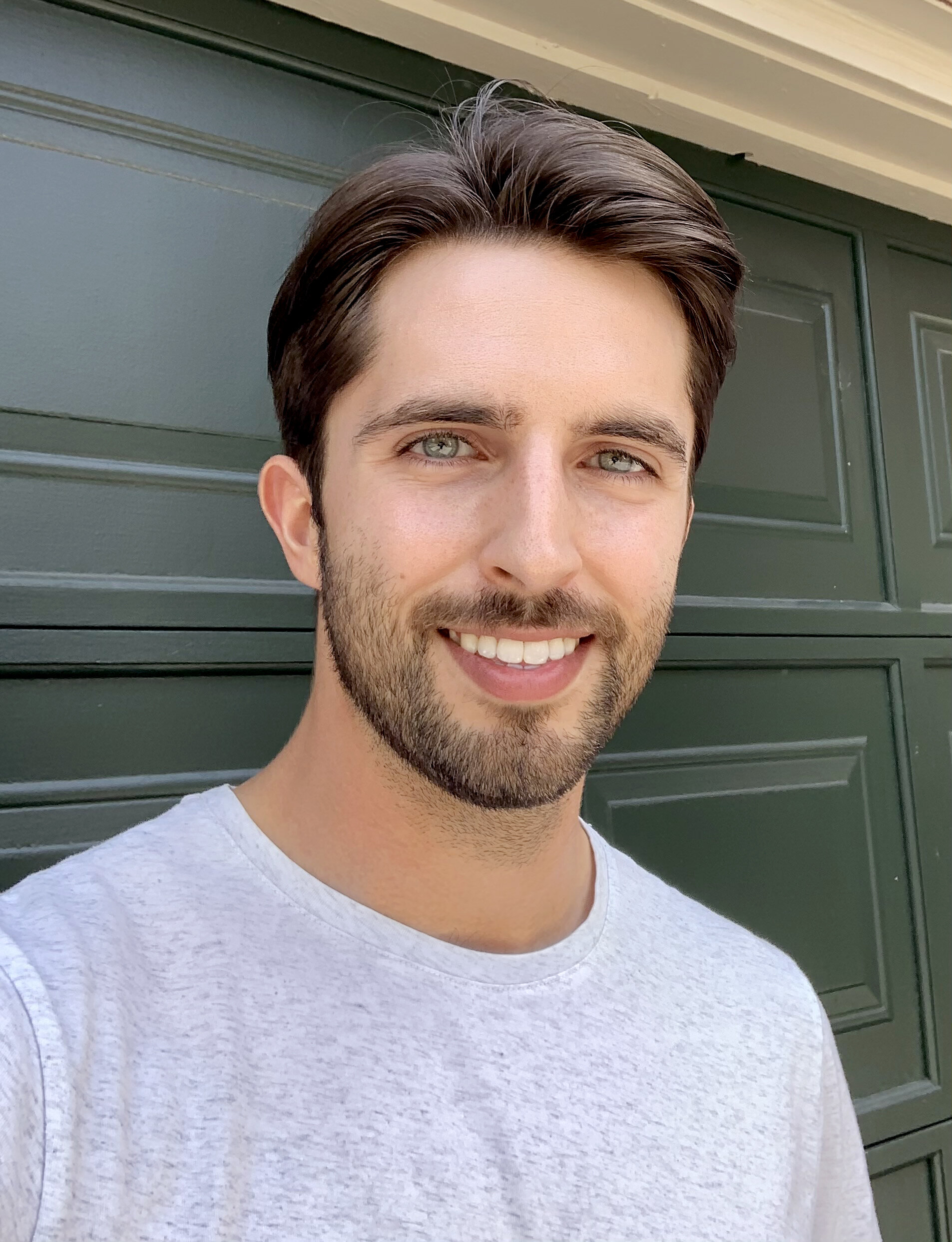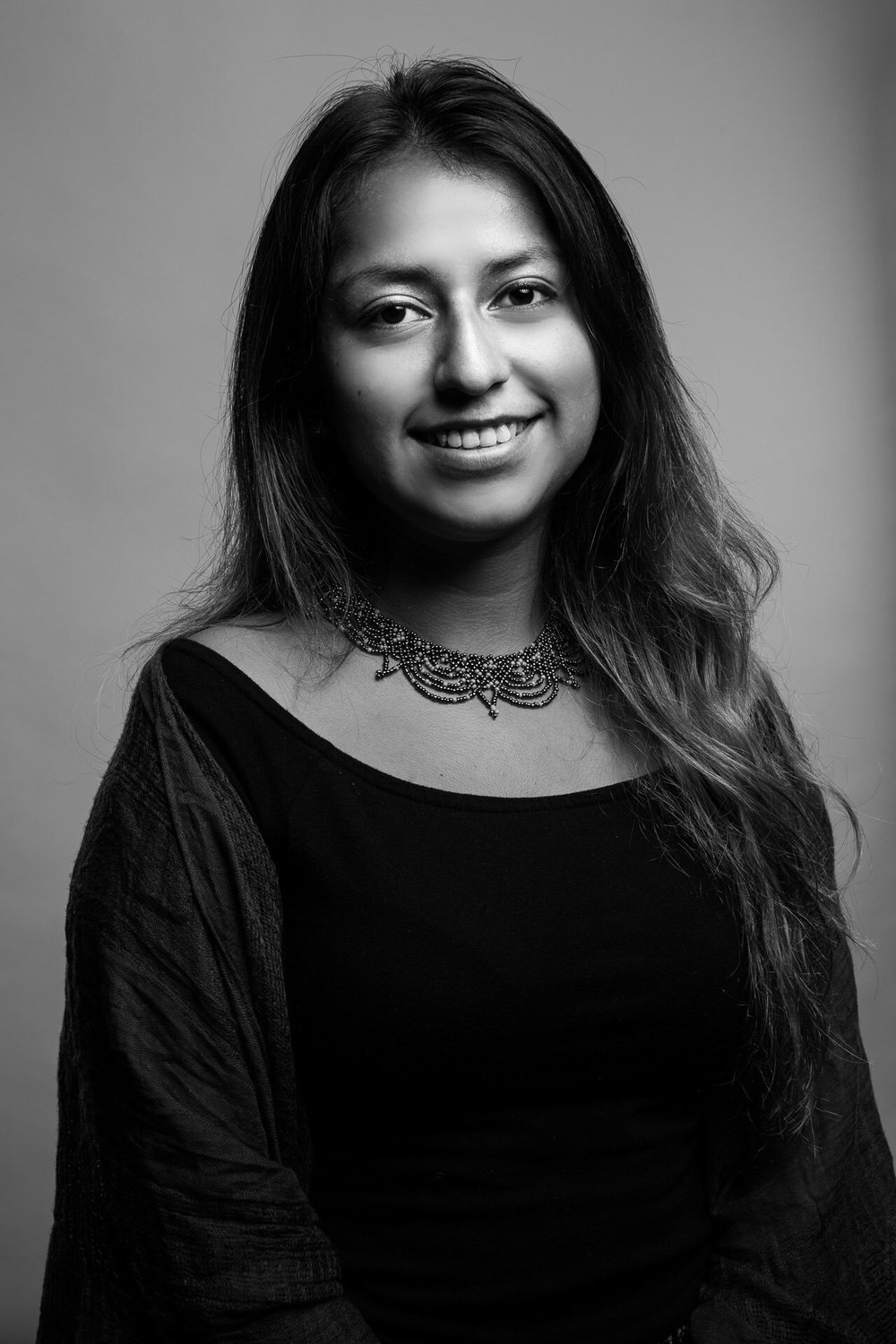Auriana Woods (she/her/hers) is a historian in-the-making, an amateur genealogist, a daughter of the Great Migration, and an avid investigator at heart. She first moved to New York in 2019 after graduating from Brown University with a B.A. in Africana Studies, but is originally from Seattle, WA by way of Detroit, MI and Mayfield, KY.
Her belief that silence and truth are one and the same is likely thanks to her father, who taught her the invaluable skills of inference, persistence, and improvisation at an early age. She is driven by a fundamental urge to get to the bottom of things, which comes down to an intense (and often stubborn) passion for authenticity, intimacy, and real meaning.
Auriana works and creates with the knowledge that, in the words of Miss Ida B. Wells, “The way to right wrongs is to turn the light of truth upon them,” and with a firm conviction that unearthing, gathering, and preserving Black personal narratives is one of the most powerful tools to do justice by our collective past, present, and future lineage.
Her thesis will build off of a personal genealogy project that is five years in the making: a search for a family history lost in the aftermath of leaving Kentucky during the Great Migration in 1953 and her grandmother’s unexpected death in 1968. Her primary ~personal~ goal in doing so is (and always has been) to know herself, her history, and those with whom she belongs.
Her project also lives at the intersection of her two most central academic (and still personal) research interests:
The consequences of having a popular national history that fails to position slavery and its ongoing legacy as the bedrock from which her country was (and is) built (“Past is present is passed on.” –Tiya Miles, All That She Carried);
The oscillating effects of the Great Migration on Black American identity formation, with a particular emphasis on the relationship to nationhood, sense of place, and belonging.
Auriana is very excited to be a part of a program that allows her to combine her love for Black American history, investigative research, knowledge production, storytelling, and archival genealogy in one place, and importantly, to be doing work that engages in the recovery of humanity across the diaspora –– what she considers to be central to her duty as a historian.

















